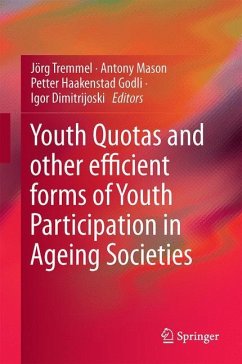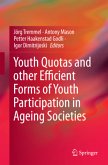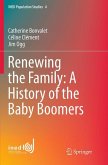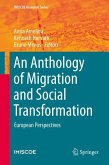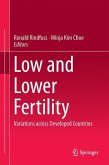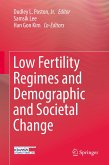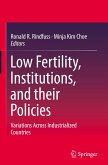This book examines ways to ensure that the rights, interests and concerns of young people are properly represented in Western democracies. One new proposal is the introduction of youth quotas in political institutions in order to counter the possible marginalization of young people caused by demographic ageing and, thereby, an overrepresentation of the interests of the elderly.
The book explores key questions regarding the implementation of youth quotas from different perspectives, including philosophy, political science, sociology and demography. It examines whether youth quotas and other measures that give the young more voice and influence in political institutions are a good means for promoting the cause of intergenerational justice. In particular, it investigates how and if youth quotas can be used to ensure that the environmental interests of young and future generations are being taken into account.
In addition, the book introduces an innovative model that would give a right to vote to minors without voting age boundaries. The book also discusses suffrage reforms through lowering the voting age in Western countries, as well as introducing methods especially aimed at raising the skills of children necessary for societal citizenship and empowerment of young citizens.
The volume will help raise awareness and knowledge about the intergenerational implications of demographic changes in Western democracies, where ageing societies are increasingly turning into gerontocracies. It offers readers deep insight into how youth quotas in particular (and others forms of youth participation in general) might be efficient methods to ensure that younger generations are included in the political decision making process and other activities in society.
The book explores key questions regarding the implementation of youth quotas from different perspectives, including philosophy, political science, sociology and demography. It examines whether youth quotas and other measures that give the young more voice and influence in political institutions are a good means for promoting the cause of intergenerational justice. In particular, it investigates how and if youth quotas can be used to ensure that the environmental interests of young and future generations are being taken into account.
In addition, the book introduces an innovative model that would give a right to vote to minors without voting age boundaries. The book also discusses suffrage reforms through lowering the voting age in Western countries, as well as introducing methods especially aimed at raising the skills of children necessary for societal citizenship and empowerment of young citizens.
The volume will help raise awareness and knowledge about the intergenerational implications of demographic changes in Western democracies, where ageing societies are increasingly turning into gerontocracies. It offers readers deep insight into how youth quotas in particular (and others forms of youth participation in general) might be efficient methods to ensure that younger generations are included in the political decision making process and other activities in society.
"The anthology Youth Quotas and other Efficient Forms of Youth Participation in Ageing Societies deals ... with the challenge of demographic change in Western countries and its implications for the youth. ... The anthology at hand lays the groundwork for further discussions and enables the reader to get to know the subject, as well as to engage with different ideas about youth participation in general." (Lena Sommerfeld, Intergenerational Justice Review, Issue 2, 2015)

